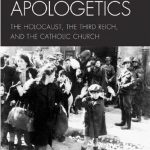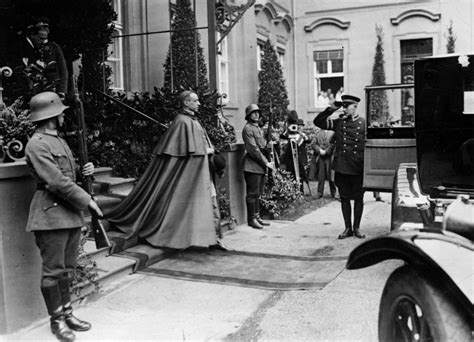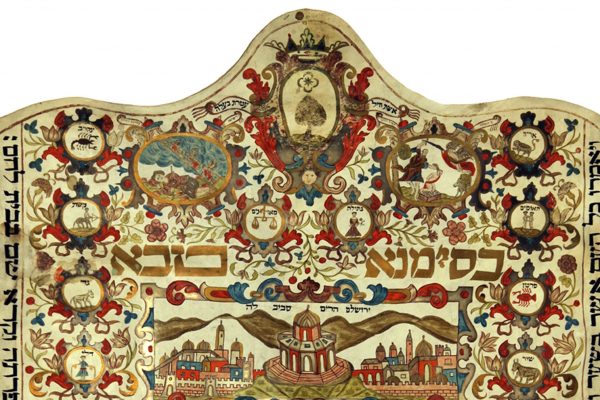David Cymet, History vc. Apologetics, Lexington Books, 2010

“This work is bound to be controversial and will be attacked by those forces within the Church that have lobbied to beatify Pope Pius XII and thus satisfy the debate over his role before, during, and after the Shoah. History vs. Apologetics is not easy reading, perhaps because it is essential reading. The case is detailed and specific. With voluminous research and detailed documentation, David Cymet has laid out the case against the Vatican, from initialing the Concordat in 1933 that granted Hitler and the new Nazi regime much needed legitimacy, to its actions during the Shoah, which included a refusal to condemn the ‘Final Solution.’ Cymet also goes on to discuss the postwar efforts to create an escape route of Nazi war criminals to Latin America, the refusal to return Jewish children to their people and their faith, and the special pleadings on behalf of the Nazis who were tried and convicted. The nature of the response to this important work will tell us much about how far we have come and how far we must go.”ùMichael Berenbaum, director, Sigi Ziering Institute, American Jewish University
Set within the context of the political and ideological developments of the time, History vs. Apologetics examines the role played by the Catholic Church in the rise and consolidation of the Third Reich and in particular with regard to the Nazi persecution of the Jews. Distanced in the beginning, the Catholic Church and the Nazi party drew closer as Hitler’s popularity increased. At the ratification of the Concordat in Rome, a commitment not to interfere with the Nazis’ “Final Solution” to the “Jewish Question” was traded for a verbal promise from Berlin to exclude the baptized converts. While the Nazi government violated the Concordat at every turn, the Church kept zealously its promise. Pope Pius XII never mentioned the persecuted Jews by name and denied any knowledge of the annihilation of the Jews. Even after the war, Pius XII refused to condemn anti-Semitism and Germany’s role in the Holocaust. Instead, the Vatican engaged in the protection of genocide perpetrators and assisted in their mass escape.
David Cymet’s comprehensive critical analysis of the polemical literature on the topic makes it possible to separate legitimate history from apologetic allegations and misrepresentations, bringing to light key elements of Church policy that are intentionally misinterpreted by apologists. By surveying the Church’s policy from just before the rise of Nazism to the present, Cymet demonstrates how the Nazis were able to turn the Catholic Church into their ally in their war against the Jews.









